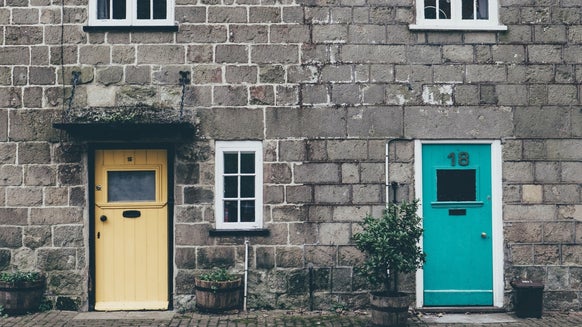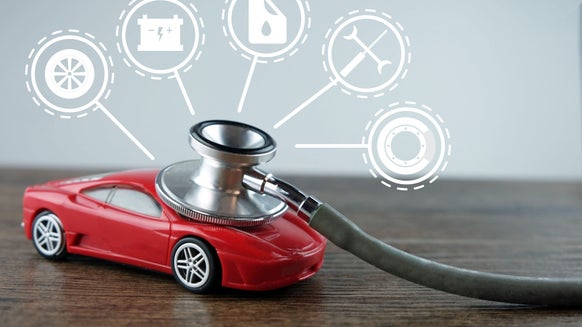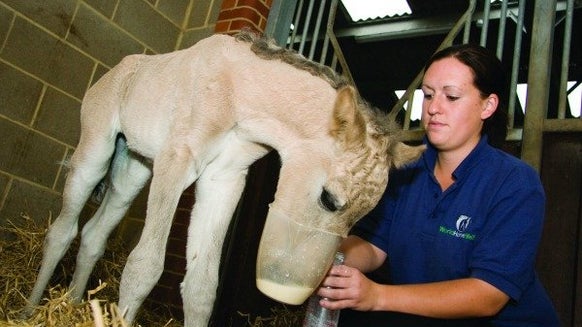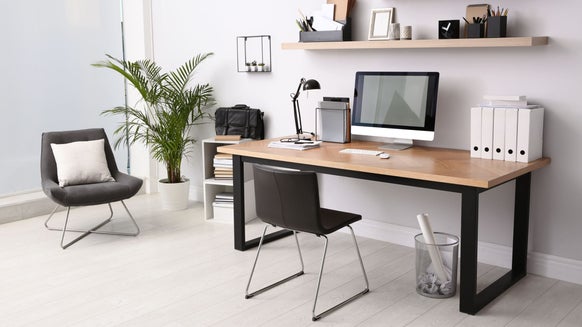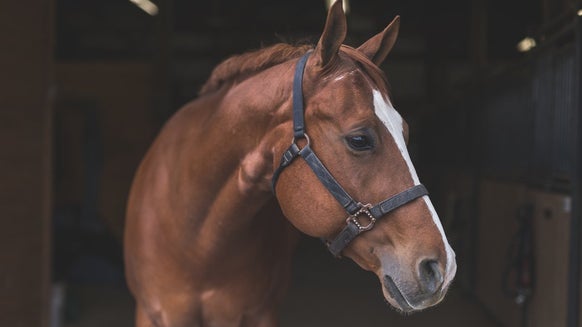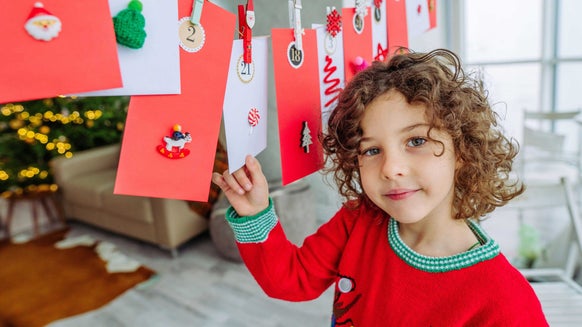5 Ways To Socialize Your Puppy Before Lockdown Ends
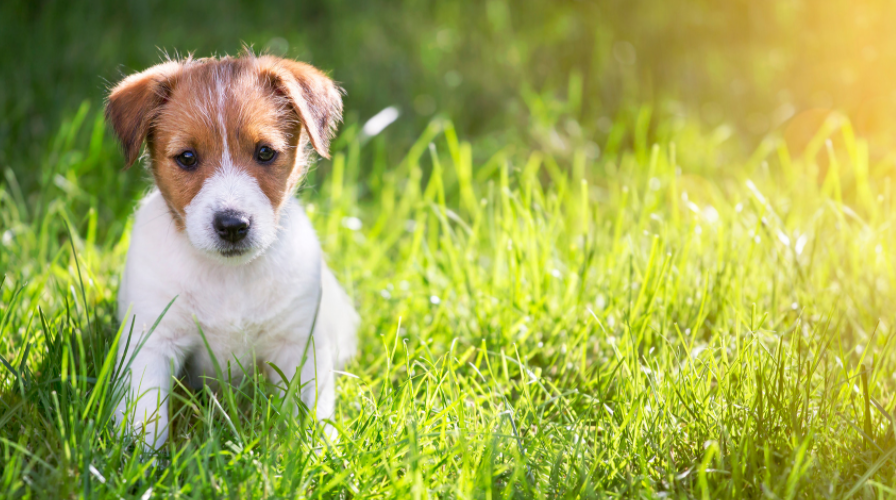
5 Ways To Socialize Your Puppy Before Lockdown Ends
The first year of your dog’s life is very important, because your pup has already started to experience new and strange things in their world. However, during lockdown, this experience and figuring out how to socialize your puppy can be challenging. With stay‐at‐home orders being the norm for quite some time now due to COVID‐19, it can be nearly impossible to have your pup get to know the world around them.
The good news is, with lockdown restrictions slowly easing, you can get your pup socializing today so that they don’t develop behavioural issues once they grow up. In this article, we’ll show you 5 ways to train your dog to be social, when it comes to people, other animals, and so on. So, let’s jump right in!
1. Don’t Wait To Start Socializing Them
“It’s best to start your dog early when socializing them,” says Aaron Mosley, a blogger at Academic brits and PhD Kingdom. “Seeing that they’re their most receptive between 3 and 14 weeks, your dog will grow attached to you and the people that are around you, your children or other relatives. Even when your dog grows older than 14 weeks, it’s still important to keep socializing them, because they’re always learning, and they have an emotional balance that needs to be acknowledged at all times."
Now that you can meet another household or a group of up to 6 people outdoors, it might be worth getting your pup used to other friends and family in your garden for example. From the 12th of April, you can visit bars and restaurants outdoors only, so why not take your four-legged friend with you so they can experience a larger amount of strangers in their surroundings.

2. Have Them Vaccinated First
When dogs are very young, they’re more vulnerable to disease, because their immune systems aren’t strong enough yet. Even when puppies acquire some immunity from their mums, that protection only lasts in their early weeks, which is why first vaccinations aren’t given until your puppy is between 6 and 9 weeks old. The second vaccine is given just 3 weeks later, and then the puppy is fully protected after one more week.
In the meantime, you’ll need to be careful when exposing your pup to the outside world, because chances are, they’ll come across an unvaccinated dog, and get sick afterwards. If you really want to take your pet outside, then take them to non‐doggy areas, and carry them at all times.

3. Visit Different Places
Now that many places are lowering their lockdown restrictions, why not take your dog for a walk? If you can't do it yourself, find a dog walk website. When you take your pup to public places like parks and local trails, they’ll get to experience many smells and environments that they can get used to, when you take them all the time. However, be sure to keep a good distance from other people, so that your dog can learn to not seek attention from every person that you pass by.

4. Take Them Into The Yard Or Garden
“If you’re cautious about taking your dog anywhere, then consider allowing them to be outside in only your yard or garden,” says Leslie Archer, an expert at Origin Writings and Next Coursework. “Even if you’re short on time, and can’t go to the local park, allowing them to roam in the yard or garden can be useful for them. When you let them outside, they can experience the smells and sights of any people, dogs, animals, and so on. And, when they do well outside, you can reward them with treats.”

5. Acknowledge Their Anxiety
Finally, like humans, your dog has feelings. If they’re nervous or upset, they’ll let you know. When they want to leave, they’ll let you know too. If you experience any of these negative behaviours in your dog, then chances are, your dog hasn’t been socialized. This change in behaviors can also stem from changes in routine. For example, you might go to a different park than usual, making your dog feel nervous and confused. Or, if you start a new job, and leave your dog at home, then they’ll feel anxious and lonely while you’re gone. So, whilst you try to socialize your puppy, be sure to monitor their behaviour, and try your best to make them as comfortable as possible.

Conclusion
As you can see, knowing how to socialize your puppy at a young age is a must. While things can be challenging at first, it’s important to stay the course, as your dog learns many things in its first weeks and months of life. And, as always, if you have any questions or concerns about socializing your dog, then contact your vet.
George J. Newton is a writer and editor. As a business development manager, he oversees business operations in various companies. As a freelance writer, he specializes in pets and animals, as well as the art of apology.


